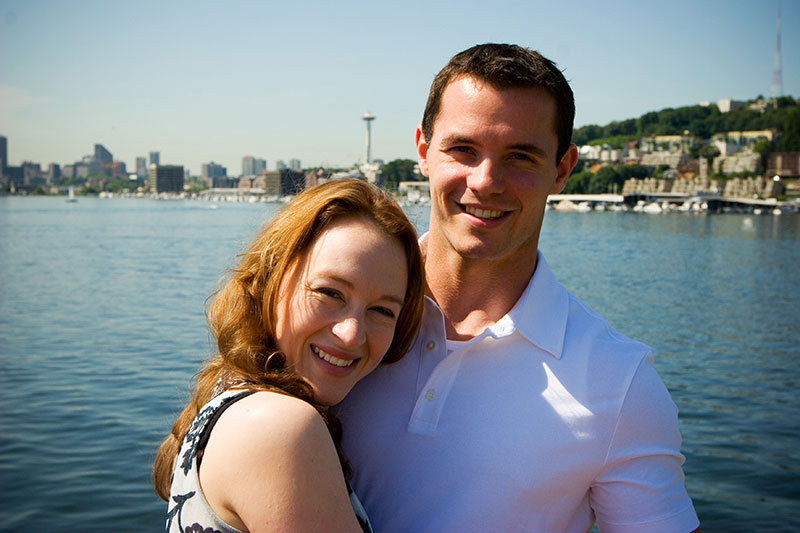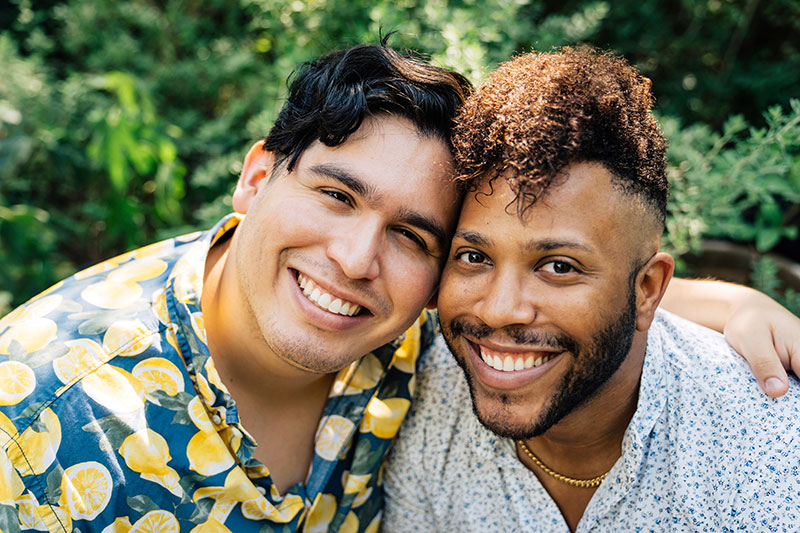Couples
Couples Counseling
If you’re thinking about marriage or couples therapy, there’s a good chance you’re carrying a list—maybe in your mind or heart—of things you wish were different in your relationship. You might be hoping your partner would change certain behaviors, or still feeling the weight of something hurtful they’ve done. Perhaps you’re feeling disconnected, resentful, insecure, unloved, overlooked—or just stuck in a relationship that no longer feels fulfilling.
In my couples and marriage counseling, I use a combination of Gottman based strategies and Emotionally Focused Therapy. It is designed to help you reconnect and realign. Life throws a lot at us—work pressures, financial stress, family demands, parenting, and social obligations—making it hard to keep your relationship a priority. If you’re feeling like you’re losing touch with yourself, your partner, or the bond you once shared, therapy can offer the space and support to find your way back.

Breaking the Cycle: A New Approach to Conflict
No matter what specific challenges you’re facing in your relationship, one concern comes up more than any other—partners feeling desperate for better communication. Many couples come to me overwhelmed by repeated misunderstandings and unresolved hurt, unsure how to truly connect or move forward.
I consistently see couples caught in a negative conflict pattern—a cycle that plays out again and again. In nearly every case, both partners contribute to keeping this cycle going, even if unintentionally. You may recognize this in your own relationship: maybe you’ve tried everything from shutting down and going silent, to yelling just to be heard, to avoiding difficult topics altogether. These strategies often come from a place of desperation—but sadly, they tend to make things worse rather than better.
My work with couples focuses on breaking those ineffective patterns. We help both partners gain clarity about how their behaviors contribute to the conflict and offer new tools to interrupt the cycle. It’s completely normal to focus on what your partner is doing wrong—especially when you’re hurt or feel rejected. But lasting change happens when both people begin to better understand not only each other’s pain and unmet needs, but also their own emotional triggers and responses.
By exploring your conflict cycle together—along with the deeper emotions, insecurities, and fears that fuel it—you and your partner can begin to heal. You’ll learn more effective ways to communicate, connect, and resolve issues—building a relationship that feels more secure, compassionate, and fulfilling.
The Process
Healthy, connected relationships aren’t built overnight—especially when unhealthy patterns have been in place for years. That’s why meaningful, lasting change takes time. Most couples find that it takes at least three months of consistent weekly or bi-weekly sessions to start seeing permanent shifts in their relationship.
Step One: 1: Identify Your Negative Conflict Cycle
Couples counseling begins by helping you and your partner uncover the recurring patterns that keep you stuck—your negative conflict cycle. Together, we explore the underlying pain, fears, and insecurities that fuel these behaviors, creating a clearer understanding of what’s really driving your conflicts.
Step 2: Clarify the Path Forward
With a deeper awareness in place, we begin mapping out how to reduce conflict and increase moments of connection. This is the stage where both partners start identifying their individual roles in the cycle and begin making intentional changes to break those patterns.
Step 3: Strengthen Your Skills
As you both begin to shift your approach, I will guide you through building essential relationship skills. This includes learning how to communicate difficult emotions like anger, betrayal, or hurt in ways that promote healing rather than division.
As each of you commits to personal change, your relationship begins to transform—often in powerful and lasting ways.
If you are looking for support in helping you explore your relationship, please contact me.

